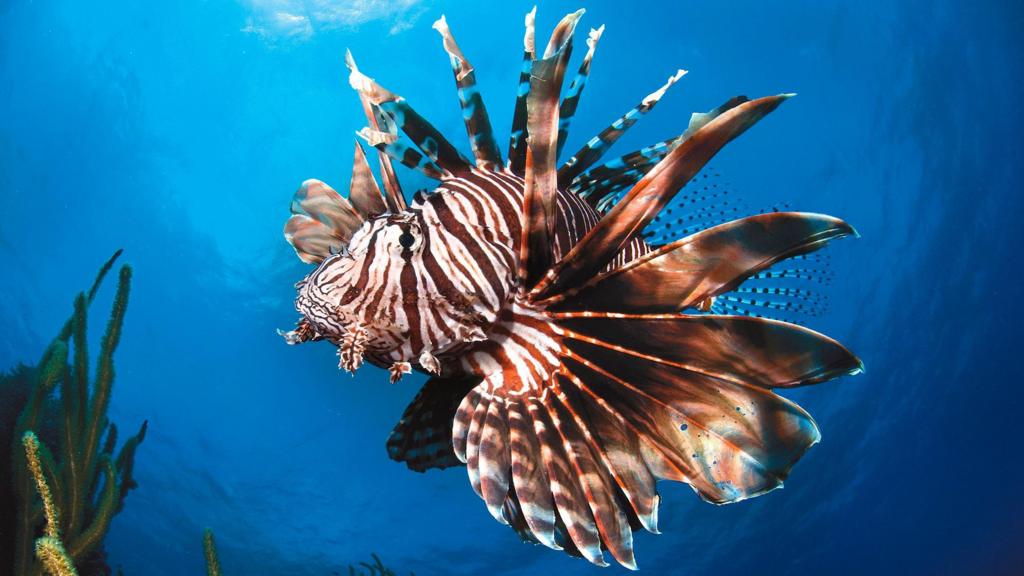The UN Ocean Conference concluded with significant progress, marked by increased ratification of a crucial treaty safeguarding marine biodiversity and advancements in combating plastic pollution and illegal fishing.
In Nice, France, nearly 200 nations convened to address critical ocean challenges.
Global oceans face multifaceted threats, ranging from plastic pollution to climate change impacts.
Sir David Attenborough, prior to the conference, expressed alarm at the damage inflicted by certain fishing methods and urged leaders to recognize the oceans’ vital importance.
A key objective was securing 60 ratifications for the High Seas Treaty, enabling its implementation to protect 30% of ocean areas. While 50 countries had ratified by Friday, numerous others pledged ratification by year’s end.
This progress, coupled with advancements on plastics and illegal fishing, has renewed confidence in international cooperation.
“The UN Ocean Conference offers hope that ocean challenges are being recognized and addressed,” stated Tony Long, CEO of Global Fishing Watch, adding, “As the High Seas Treaty nears implementation, governments must intensify efforts—leveraging transparency and technology—to safeguard the ocean.”
Prior to the conference, confidence in multilateral solutions to global issues was low, with 2024 negotiations on biodiversity, plastics, and climate yielding limited progress.
The conference aimed not to create new legally binding agreements, but to advance existing treaties. Three years prior, nations agreed to protect 30% of land and sea by 2030 for biodiversity; the 2023 High Seas Treaty addressed this challenge for international waters.
Before the conference, only 27 of the 60 necessary states had ratified the High Seas Treaty. This number surged to 50, with a dozen more committing to ratification by year’s end. The UK pledged to begin the process before 2026.
This rapid ratification, according to Elizabeth Wilson of The Pew Charitable Trusts, is unprecedented for a UN agreement, highlighting global momentum for high seas protection.
While major nations like the US and China, though signatories, have yet to ratify, and Russia remains opposed, US diplomats lauded the progress.
“From the High Seas Treaty to French Polynesia’s marine protected area, the conference proved that collaborative action yields real results,” commented John Kerry, former US Secretary of State and Climate Envoy.
Numerous countries pledged to expand national marine protected areas (MPAs) and restrict harmful fishing practices. The UK, for instance, announced plans to ban bottom trawling in nearly a third of its MPAs.
French Polynesia established the world’s largest MPA, encompassing 900,000 sq km with restrictions on extractive activities—four times the UK’s size.
These commitments bring ocean protection to 10%.
“This underscores the importance of multilateralism,” Astrid Puentes stated, emphasizing the need for strengthened international law to address the interconnected nature of the ocean biome.
However, progress on curbing destructive fishing practices remains hampered by the absence of China, operating the world’s largest fleet. Yet, China announced ratification of the Port State Measures Agreement to combat illegal fishing.
Despite President Macron’s opening warning against deep-sea mining, nations remained divided. A recommendation by 2,000 scientists for a moratorium on deep-sea exploration pending further research—given only 0.001% of the seabed has been mapped—was heeded by only 37 countries.
“More nations need to call for a moratorium to ensure regulatory frameworks precede mining activities,” urged Pradeep Singh, a marine expert.
President Trump’s decision to allow US deep-sea mining permits contrasts with the prevailing global sentiment, according to Singh.
The conference concluded with the adoption of the Nice Ocean Action Plan, summarizing commitments. The pervasive issue of plastic pollution, with nearly 200 trillion pieces in the ocean, projected to triple by 2040 without intervention, remains a major concern.
Bethany Carney Almroth highlighted the severe threat posed by both plastics and their inherent chemicals to marine life.
Ministers from 97 countries signed a statement advocating for an ambitious treaty on plastic pollution; however, this lacked support from major oil-producing nations whose economic interests are impacted.
The imperative to reduce oil production to mitigate climate change further underscores the challenge.
While the conference yielded no new emission reduction commitments, developing nations pressed for accelerated delivery of previously pledged climate funds.
“I share the frustration of many small island developing nations regarding the slow response of international financial institutions,” stated Feleti Teo, prime minister of Tuvalu, emphasizing the need to maintain pressure for change.
Sign up for our Future Earth newsletter for the latest climate and environment news from the BBC’s Justin Rowlatt. Outside the UK? Sign up to our international newsletter here.
The Conservative leader said the windfall tax on the oil and gas sector should end and new drilling licenses are needed.
The innovative collection created by Blackburn College students will be auctioned off for charity.
The BBC looks at the latest innovation and technology as workboats try to decarbonise.
Lyme Bay is still recovering from the effects of bottom trawling despite a ban, researchers say.

